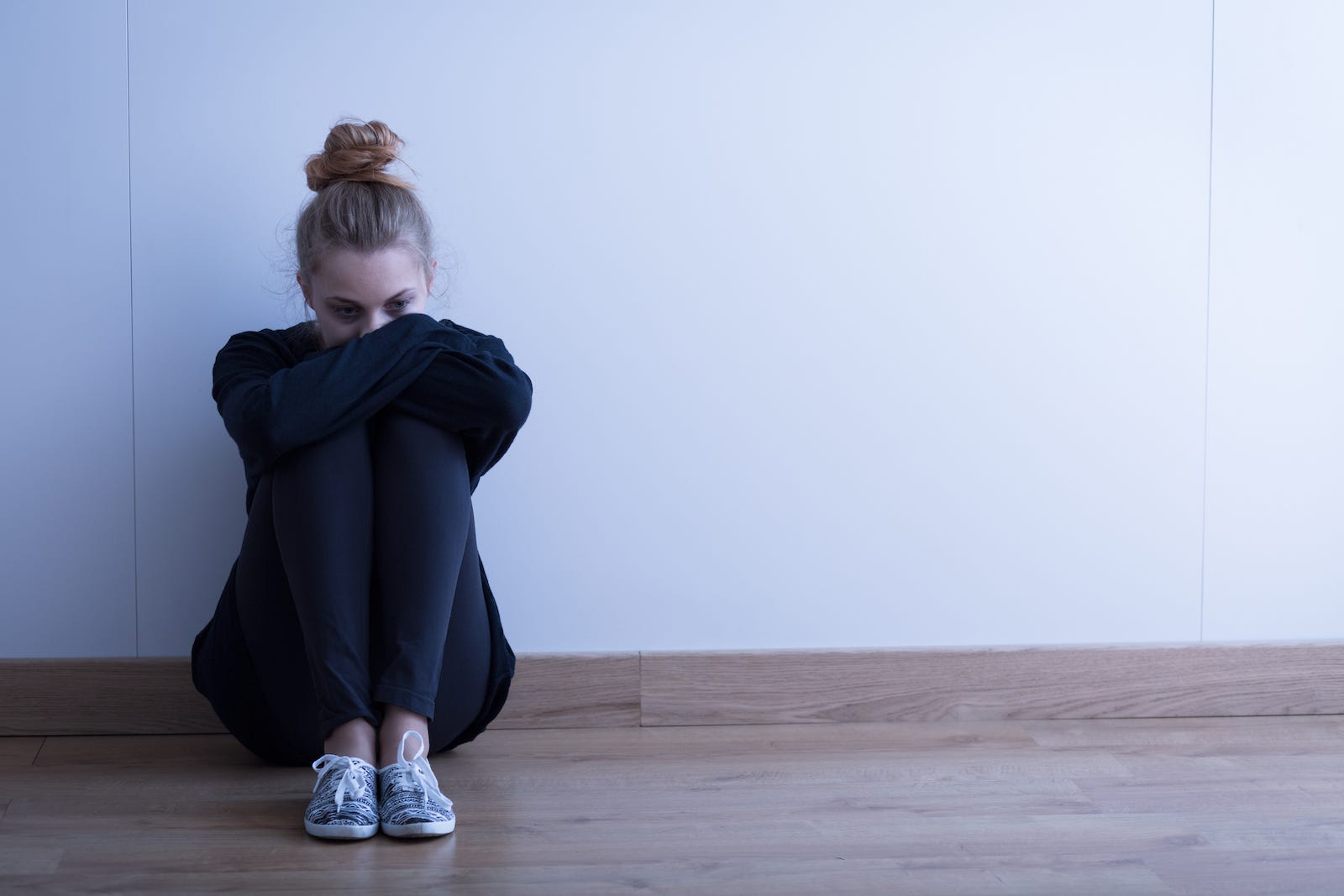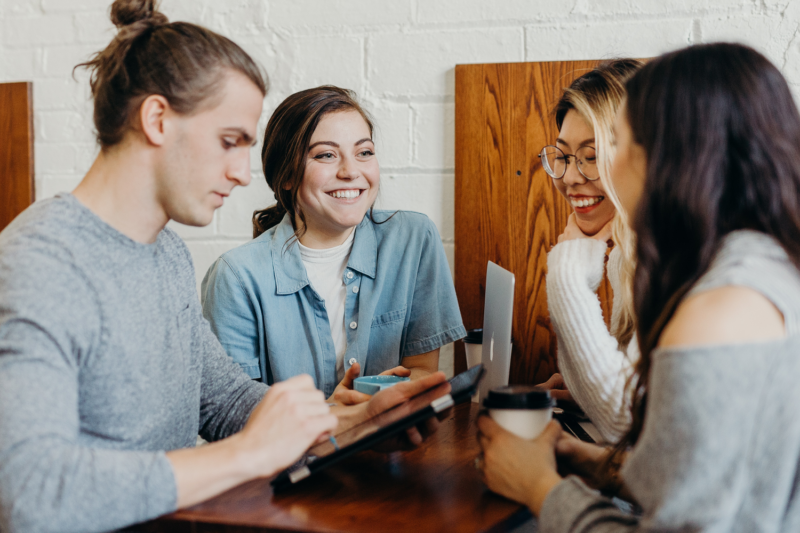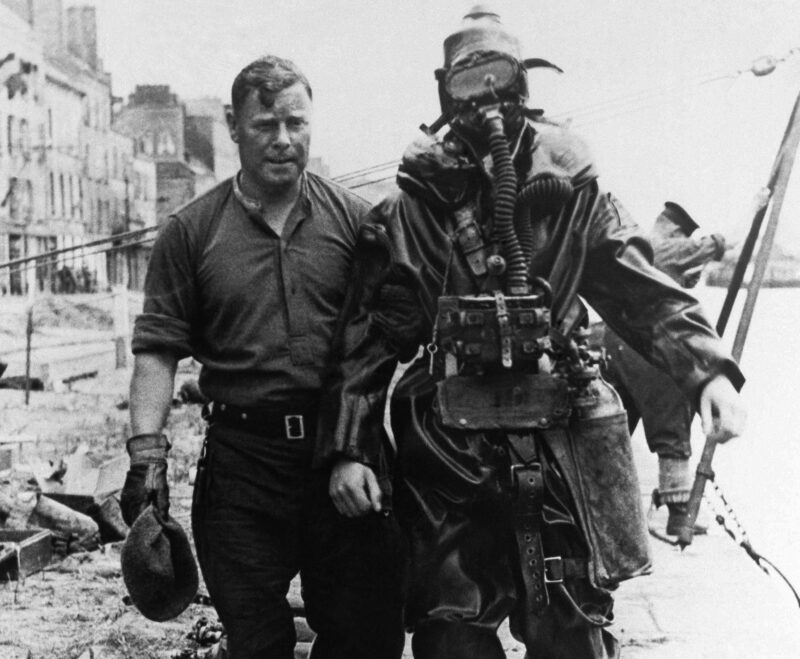- The novel coronavirus, COVID-19, is on the brink of becoming a global pandemic, having killed 2,670 people and infected 81,000 worldwide.
- Anecdotal anxiety about coronavirus is rampant, and a psychologist says it’s mostly because the virus is unknown.
- To cope, don’t spend too much of your day reading about it, stick to a few trusted sources of information, and wash your hands frequently and thoroughly.
- Visit Insider’s homepage for more stories.
With news of rising death tolls and crashing stock markets, and declarations from top officials that the US is unprepared to handle the pending global pandemic, it’s unsurprising that Americans are worried, if not downright panicked, about the coronavirus.
The virus, now known as COVID-19, likely originated in bats and seems to have spread to humans at a market in the Chinese city of Wuhan at the very end of 2019. Now, it’s killed at least 2,670 people, infected 81,000 worldwide, and frightened counless more.
“My Facebook newsfeed is crowded with stories over the virus fears, and how it is coming to the US, especially since yesterday’s CDC press conference,” Ashley Bernardi, a media relations professional in Washington, DC, told Insider. “My mom is texting my sister and I, encouraging us to buy face masks. My friends are texting, sharing their anxieties.”
For her part, Bernardi – whose family of five has already been through the flu this season – is toting Clorox wipes and hand-sanitizer everywhere. “I just want to be prepared and keep my family safe.”
According to psychologists, coronavirus-related anxiety is an understandable response to the unknown, but some people are especially vulnerable. To cope, they recommend limiting media exposure to the topic by sticking to one or two trusted sources.
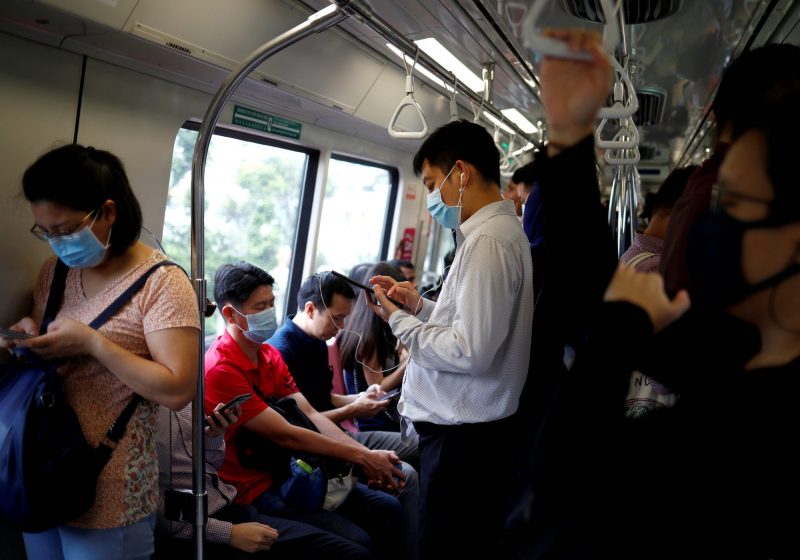 Foto: sourceREUTERS/Edgar Su
Foto: sourceREUTERS/Edgar Su
The unknown is more likely to spark fear than the known
According to psychologist Baruch Fischhoff, a professor at Carnegie Mellon University and expert in public perception of risk, it's natural to fear the unknown, which the flu, of course, is not.
"With coronavirus, we don't know where it's going," he said in a special episode of the American Psychological Association's "Speaking of Psychology" podcast. "The fact that we have had no deaths in the United States as yet is only a weak indicator of what the problem is going to be."
Experts also aren't certain about whether the virus can spread when people don't have symptoms, he added.
But while some fear of the unknown is a human instinct intended to protect you from potential threats, some of it in this case - as was the case with other diseases that started abroad like SARS, the Avian flu, and Ebola - can be fueled by xenophobia.
"When a health problem like Ebola or coronavirus comes from abroad, we have poor information about it than we do about health problems in this country," often due to poorer surveillance abilities and sometimes authoritarian regimes, Fischhoff said on the podcast.
"We also are vulnerable to people who have other access to grind seizing on this situation as an opportunity to inflame xenophobia, fear of other ethnic groups," he added. "We as individuals need to be above that."
Certain people are more vulnerable to pandemic-related stress
As with any emotion, trait, or mental health condition, how deeply people experience coronavirus-related anxiety, if at all, varies widely.
Julie Pike, a clinical psychologist in Chapel Hill, North Carolina, who specializes in anxiety disorders, told Insider people who already have health anxiety or generalized anxiety disorder are more likely to worry about potential threats like the coronavirus "because such people frequently overestimate threats and underestimate coping abilities."
"In the absence of a clear cut resolution, they worry and seek out more information in an effort to resolve anxiety and eradicate uncertainty," she added.
People who've already had a traumatic experience with an outbreak that coronavirus reminds them of can also find the news triggering. And, people who know someone who's sick may also be more emotionally affected, as past research has shown that exposure to someone with SARS was linked to post-traumatic stress disorder and depression, podcast host Kaitin Luna pointed out.
"There are people we love, and we care about them, and we're anxious whenever they're sick," Fischhoff said on the podcast. "In some ways, we're even more powerless than they are. They can rally and we can just worry. It seems a normal, in some ways a healthy human reaction that takes a toll."
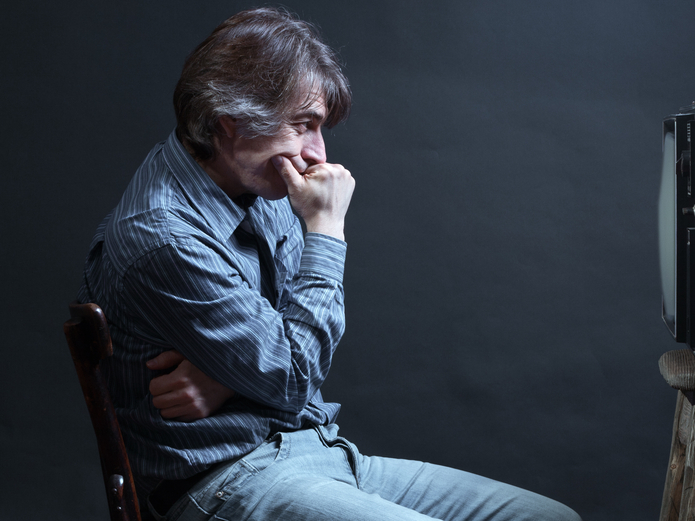
To cope, limit your media exposure and wash your hands
Because panic arises when people overestimate a threat and underestimate their coping abilities, "watching coverage that repeatedly emphasizes both the rapid spread of coronavirus and lack of effective treatment" is a fuel for the anxiety fire, Pike said.
"The best thing we can do is make sure to wash our hands, and protect ourselves as we would with any other virus," she said, like by also avoiding people who seem sick. "While it is fine to have a general idea of what is happening, especially if you live near an area with high concentration of cases, it's important to limit media exposure, particularly from undocumented or potentially unreliable sources."
Meantime, Fischhoff said it's important to support the people who are most vulnerable to anxiety or victims of discrimination and to remember that, more than to panic, it's human nature to come together in times of crisis.
"The people who study panic ... find that actual panics are rare," he said in the podcast. "Under crisis situations, people typically rally around one another, they support one another, they act bravely."
- Read more:
- Buzzy biotech Moderna is 'looking at all options' to ramp up production just days after shipping the first potential coronavirus vaccine
- Trump is reportedly 'furious' that US stocks have tanked on coronavirus fears - and he's accusing the 'fake news' media of throwing fuel on the fire
- A hospital in Italy may have botched one of its first coronavirus cases, spreading the virus further in the worst-hit country outside of Asia
